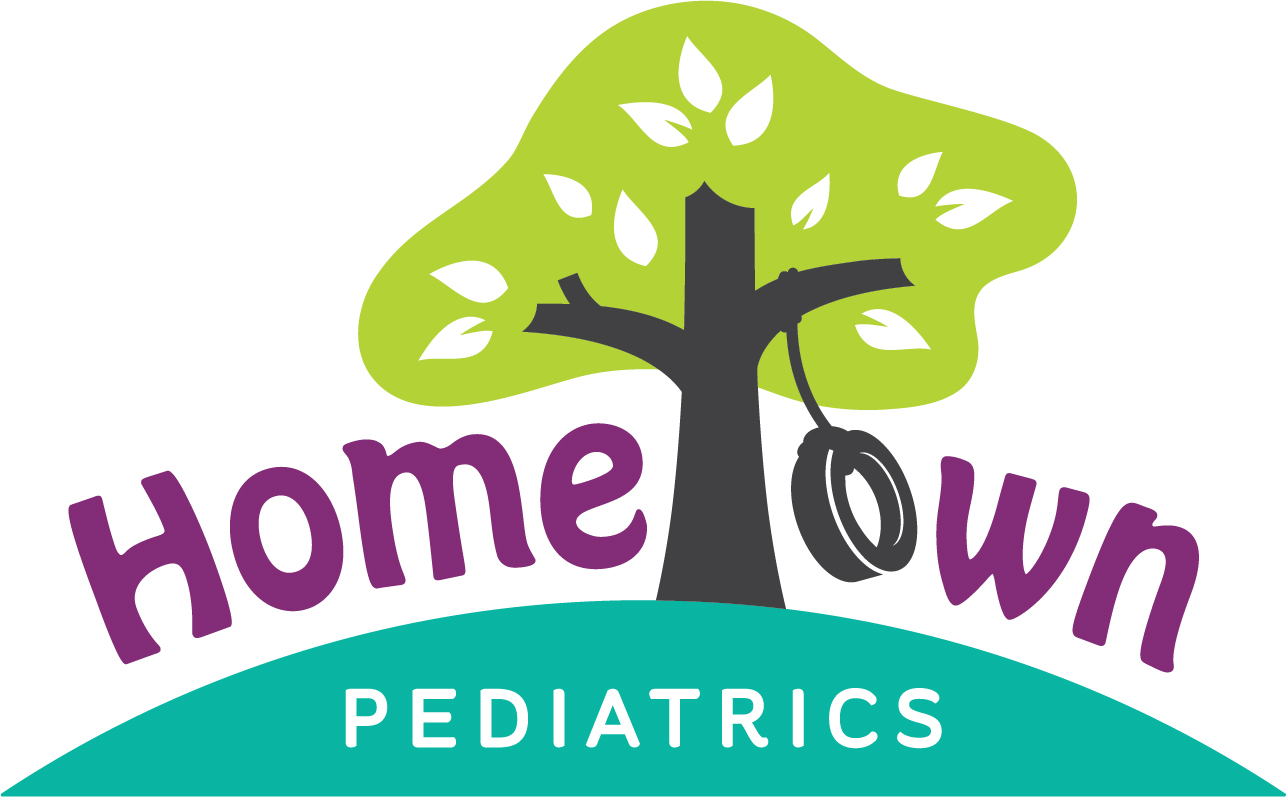Allergy Testing

Nearly 1 in 5 children in the United States has seasonal allergies, and approximately 5.8% of children have food allergies. It has been shown that children with allergies miss more school, play less, and spend more time at doctor’s offices. Additionally, studies have shown a direct link between allergic rhinitis (“hay fever”), and the development of asthma.
If you suspect your child may have allergies, a simple skin test can quickly diagnose an exact allergy so the right treatment plan can be discussed. Call us today to schedule your child for allergy testing.
HOW DO YOU TEST FOR ALLERGIES?
We provide allergy testing via a skin prick test. During your child’s visit, we will use a small plastic prick to scratch a tiny amount of antigen onto the skin, usually on your child’s back. For older children, we may use arms. If he/she is allergic- a small bump, similar to an insect bite will appear. This determines skin allergies such as tree pollen, animal dander, grasses, molds, and some foods.
HOW TO PREPARE YOUR CHILD
Allergy testing requires that any antihistamines (such as Benadryl, Claritin, Allegra), and/or cold medicines be stopped 5-7 days before the test, as these types of medications can interfere with the results.
The skin prick tests are NOT PAINFUL, but the results can include itching and discomfort. Distractions are highly recommended, especially for younger children. Have them bring a tablet, hand-held video game, a book or favorite toy.
It is important to provide reassurance that the test is not painful or scary. In fact, getting allergy tested will determine their specific allergies and help them feel better.
IMPORTANT DETAILS
Your child must be at least 2 years of age to undergo allergy testing.
We do not test for insect sting allergies, or drug allergies.
We kindly require that you do not bring siblings to the allergy testing appointment unless you are accompanied by another adult who can supervise them in the waiting room.

